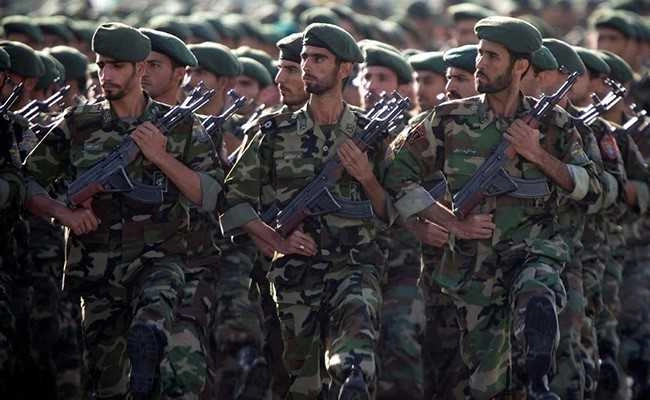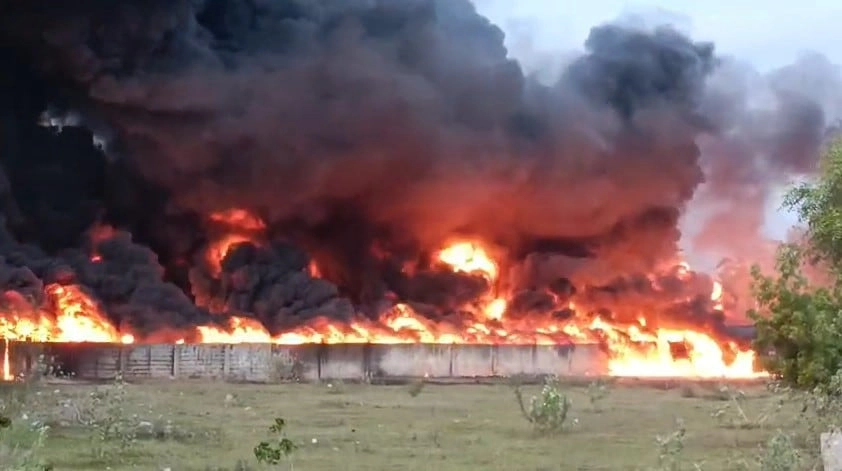The Islamic Revolutionary Guard Corps (IRGC), established after the Iranian Revolution in 1979, is a powerful military and political institution in Iran. Its primary purpose was to protect the Islamic regime from internal and external threats, and over the decades, it has grown into a formidable force that influences various aspects of Iranian life. The IRGC operates parallel to the regular military, the Artesh, and is tasked with safeguarding the Islamic Republic’s ideology and interests. Its members are deeply embedded in the political, economic, and social fabric of the country, making it a crucial player in Iranian governance.
The IRGC is not only a military entity but also has significant economic interests. It controls vast sectors of the Iranian economy, including oil, construction, and telecommunications, which allows it to exert considerable influence over national policies. The organization is involved in various industries, often through front companies, and its economic activities have made it a critical player in Iran’s resistance against international sanctions. The IRGC’s control over these sectors has raised concerns about corruption and inefficiency, yet it remains a vital pillar of the Iranian economy.
Regionally, the IRGC extends its influence beyond Iran’s borders, particularly through its Quds Force, which specializes in extraterritorial operations. The Quds Force has been instrumental in supporting allied groups across the Middle East, including Hezbollah in Lebanon and various militia groups in Iraq and Syria. This involvement has allowed Iran to project power throughout the region, challenging U.S. interests and those of its allies. The IRGC’s activities in foreign conflicts have often been framed as part of Iran’s broader strategy to counter perceived threats from the West and to support the Shia communities in the region.
Domestically, the IRGC plays a significant role in maintaining the regime’s stability. It has been involved in suppressing dissent and managing internal security, particularly during protests and uprisings. The organization’s loyalty to the Supreme Leader is unwavering, and it often acts as a bulwark against reformist movements that seek to alter the status quo. As a result, the IRGC’s influence permeates various layers of Iranian society, shaping public discourse and political dynamics. The organization’s multifaceted role underscores its significance in both maintaining the Islamic Republic’s power and in influencing Iran’s domestic and foreign policies. As Iran continues to navigate a complex geopolitical landscape, the IRGC remains a central figure in its strategy and governance.




